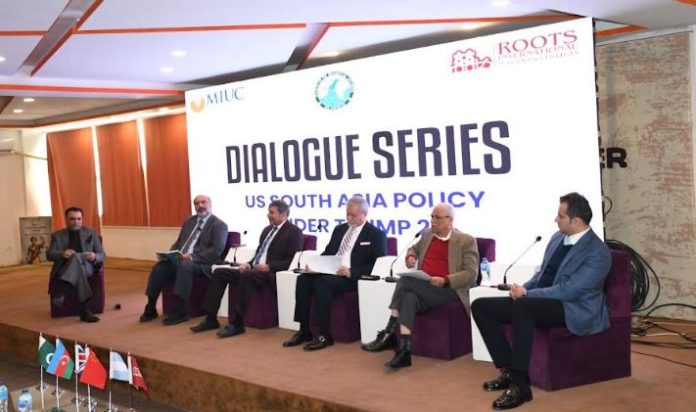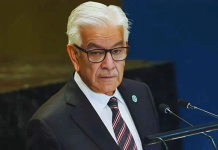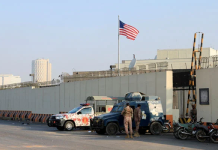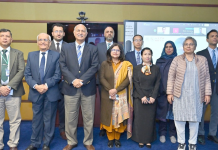ISLAMABAD: DEC 15 /DNA/ – At a seminar organized by the Institute of Regional Studies, (IRS) and the Metropolitan International University College (MIUC), US foreign policy experts felt that Trump’s policies towards South Asia were likely to remain unchanged, with terrorism remaining a key concern.
Michael Kugelman, Director South Asia Institute at the Wilson Center, U.S., stated that Trump’s Indo-Pacific strategy would remain unchanged, making it difficult for Pakistan to navigate its position due to China factor. Regarding India, he noted that while the U.S.-India relationship may face shifts in priorities and, its overall trajectory would remain positive.
Ambassador Jauhar Saleem, President of the IRS, highlighted that President Trump’s aggressive approach on tariffs, immigration, as well as the China factor could lead to enhanced challenges, both bilaterally and regionally. However, there were significant stakes for Pakistan and the US in a bilateral relationship which, despite many vicissitudes, had withstood the test of times. Besides the existing avenues of cooperation, given the re-emergence of terrorism in Afghanistan, there was potential for cooperation between Pakistan and the US in the area of counterterrorism as well.
Dr. Hassan Abbas, a distinguished professor at the NESA Centre in Washington D.C., suggested that under the Trump administration, the two key elements of US-Pakistan relations; namely security sector collaboration for counterterrorism and the Fulbright scholarship program fostering educational ties—were likely to remain significant and dynamic. The economic ties were also likely to withstand any challenges that may emerge because of Trump’s protectionist perspective.
He did envisage some challenges for Pakistan in view of the US’ “Indo-pacific” strategy, given its close ties with China but felt that Pakistan could navigate its way through those through well calibrated approach.
Additional Foreign Secretary Hamid Asghar noted that Trump would prefer bilateral dealings not just with South Asian countries, but globally as that was the hallmark of his political approach given his background of big business.
Renowned journalist and author, Zahid Hussain stated that Trump’s engagement with South Asian states, including Pakistan, was likely to remain limited and that developments in Afghanistan would dictate his future engagement with the Taliban as well as Pakistan.
Mr. Walid Mustaq, CEO MIUC, noted that since the U.S. was Pakistan’s largest export market, enhancing bilateral ties could create new opportunities for Pakistan’s entrepreneurial and export ecosystem.
The seminar was attended by a large number of researchers, students, academicians, journalists, and foreign diplomats including ambassadors. Prominent media anchor Faisal Rehman served as the moderator.

















